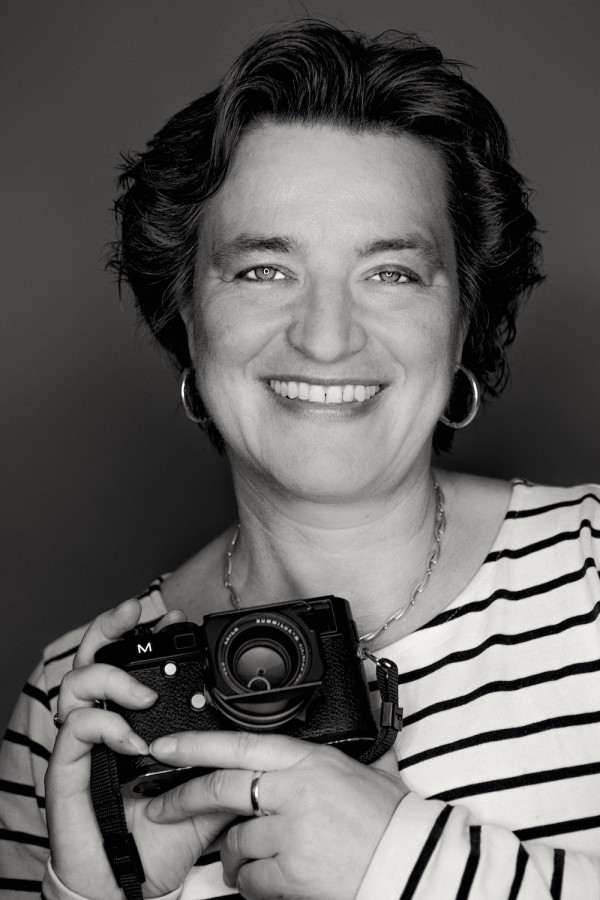Architectural Portraits. The MIES Project
Architectural Portraits. The MIES Project
Arina Dähnick
May 14, 2020
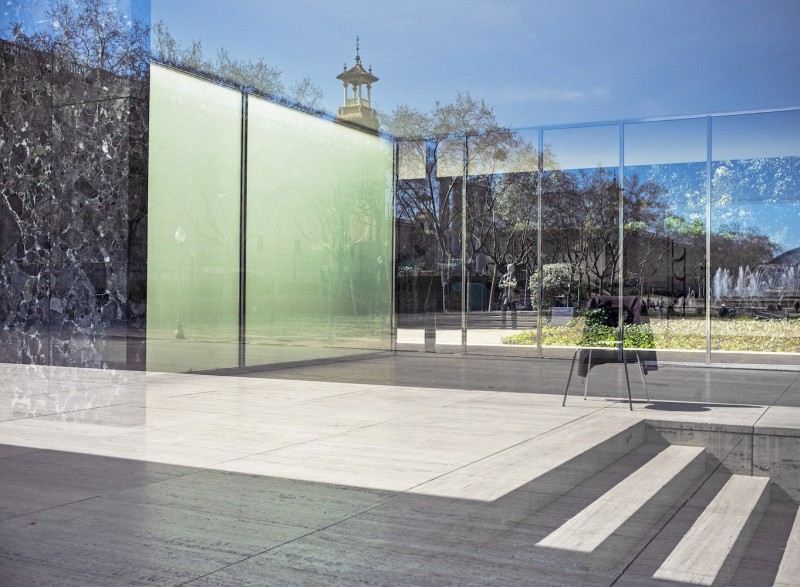
Barcelona Pavilion 1, Barcelona 2016
Dähnick has been photographing structures designed by Mies van der Rohe, since 2012. It all began with the unique spatial experience that is the Neue Nationalgalerie in Berlin: giving the impression that it is almost floating, the exhibition hall is defined by a feeling of boundless expanse, while conveying a paradoxical sense of safety. Time and again, the photographer focussed on this building, until it was closed for reconstruction in 2015. Seized by a passion for Mies architecture, she laid out a plan for the following five years. She aimed to photograph further famous buildings by the architect, built over almost five decades, in Europe and the United States. Barcelona, Berlin, Brno, Chicago, New York, Plano: Dähnick worked out a wonderful travel plan, and visited the most important architectural sites. Whether it was the legendary Barcelona Pavilion, Villa Tugendhat in Brno, or the Seagram Building in New York: the photographer sought them out and ended up exploring eleven buildings in total.
With good reason, Dähnick describes her pictures as portraits. Rather than formal architectural photography, her series reveals a subjective and free way of seeing: it is much more about interpreting the structures in a personal and poetic way. The photographer approaches the buildings and, above all, the interior spaces, without excessive equipment – just a Leica M. She works without additional lighting set-ups, and without a tripod. Instead of relying on the rules of architectural photography, she prefers to look for unusual atmospheres, angles and moments, playing with a visual fusion of interior and exterior spaces, and giving special attention to the colours and luminosity of the materials. It is light, however, that becomes the main factor in the quality of her images. The presence of light was already of decisive importance to Mies van de Rohe, as seen in the architect’s open living spaces and generous window areas. The transparency and expanse of most of his constructions pose a real challenge for any photographer; yet Dähnick deliberately made use of the complexity of these overlapping layers for her picture compositions. Access was not always easy, as she first had to persuade the owners and managers to allow it. Entering the buildings was particularly important, because it was only by experiencing the rooms – the interplay of reflections and mirroring, light and shadow, and the specific material effect of the construction - that motifs emerged to create this impressive and convincing picture series. As a result, her photography helps open up unimagined perspectives, as well as levels of meaning that go way beyond a purely architectural understanding. Mies van der Rohe would have surely been just as happy as viewers are today. (Ulrich Rüter)
Arina Dähnick - Architectural Portraits. The MIES Project
With texts by Dirk Lohan and Michelangelo Sabatino.
Design: Peter Nils Dorén. 144 pages, 93 colour and 16 black and white pictures. 28 x 32 cm, German / English.
Edition Cantz (Publishers)
A winner of the 2019 German Photo Book Award (silver in the Conceptual-Artistic category)
Arina Dähnick+-
Arina Dähnick was born in Krefeld in 1965, and currently lives in Berlin. The photo artist works predominantly in the areas of Visual Arts and Architecture. She was first presented on the Leica Camera Blog in 2014; numerous exhibitions and publications were to follow. Her series - Perfect Life, Contemporary Architecture Barcelona and The MIES-Project - have been frequently exhibited, internationally.
The MIES Project was photographed with a Leica M9, a Leica M240 and, most importantly, a Leica M10. The lens used for this project was a Summilux 35. More

Barcelona Pavilion 1, Barcelona 2016
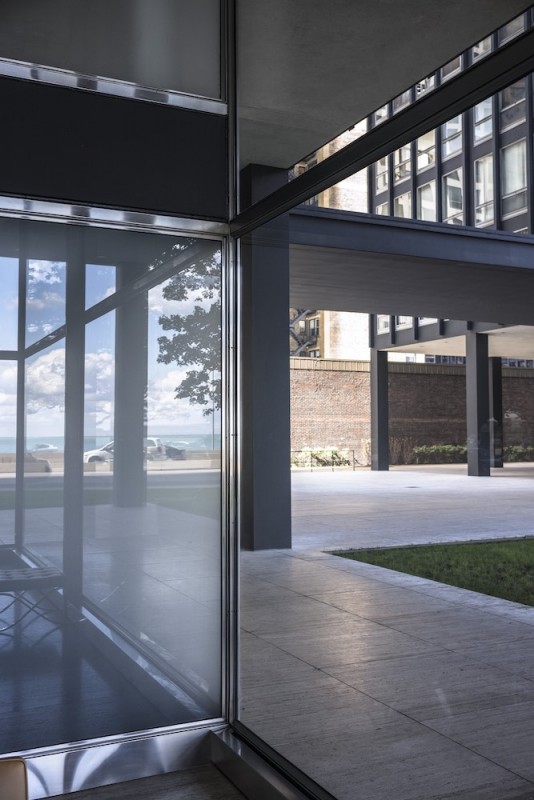
860-880 Lakeshore Drive 15, Chicago 2018
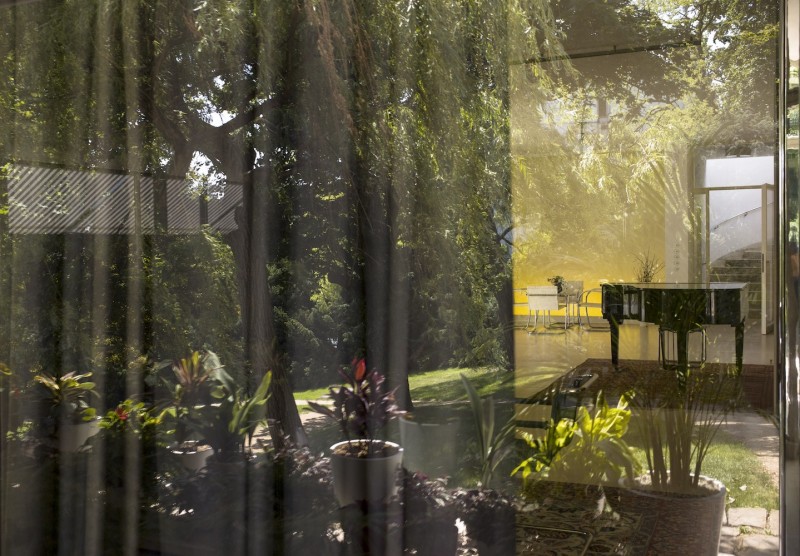
Tugendhat House 8, Brno 2017
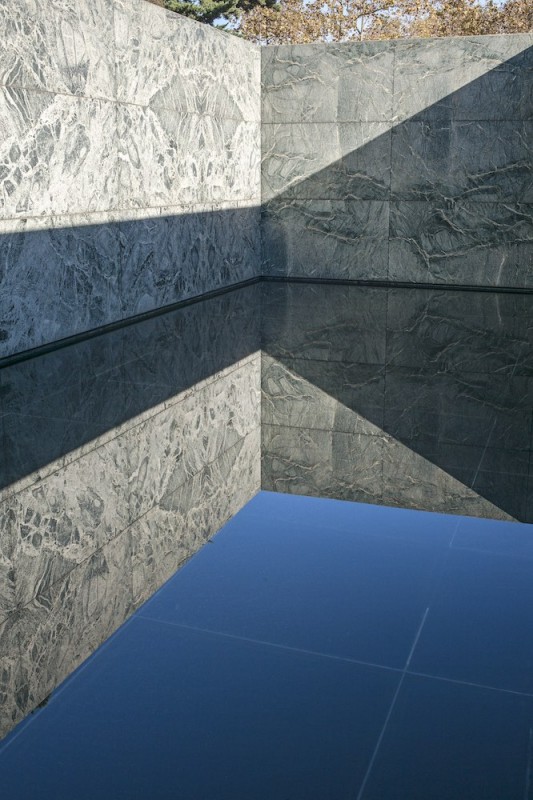
Barcelona Pavilion 7, Barcelona 2016
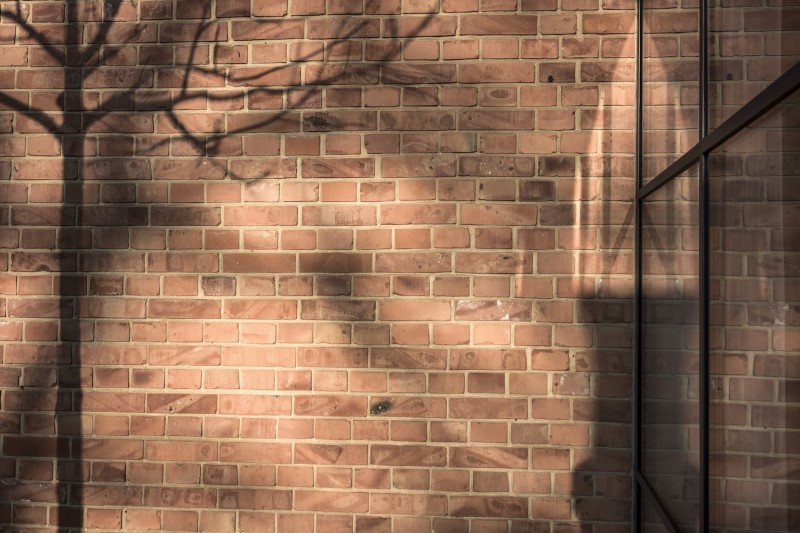
Lemke House 10, Berlin 2019
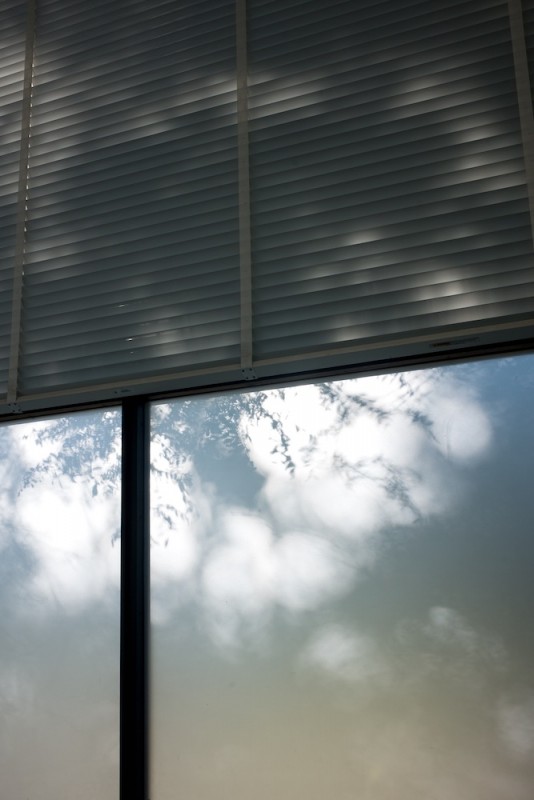
S.R. Crown Hall 8, Chicago 2017
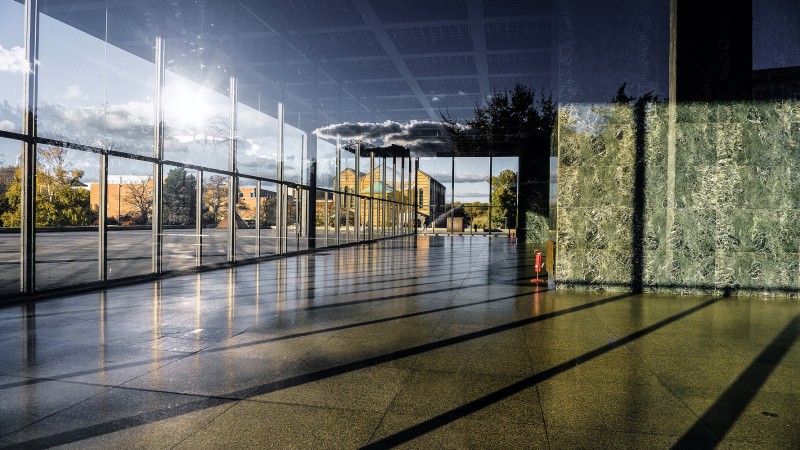
Neue Nationalgalerie 3, Berlin 2013
